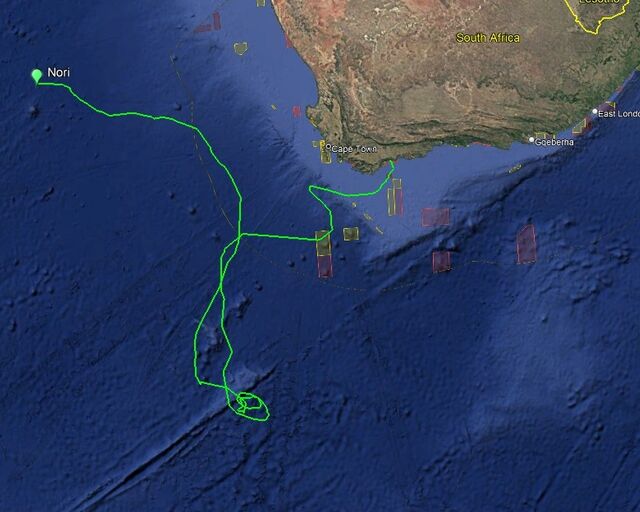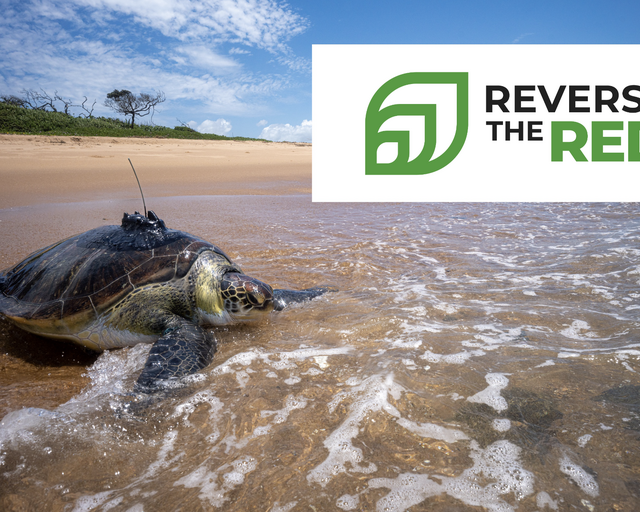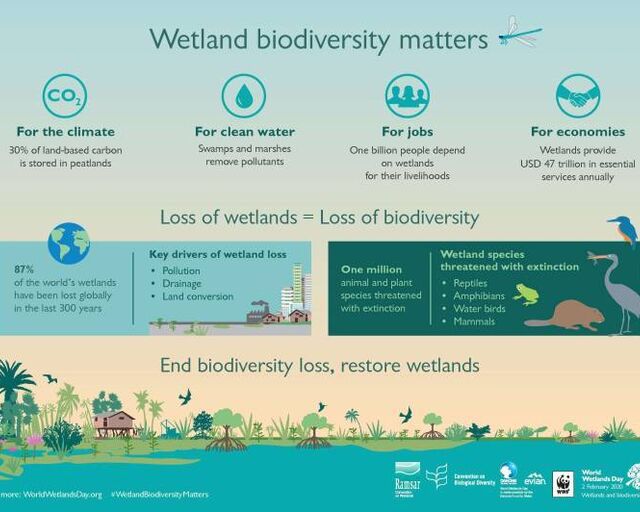What are crowned nudibranchs?
Crowned nudibranchs (Polycera sp.) are small to medium-sized brightly coloured sea slugs that live in waters ranging from southern Nambia to False Bay. These animals usually possess a variety of colourful stripes, but may also have no stripes at all. Crowned nudibranchs are a species of dorid nudibranch, and form part of the same group as snails (mollusca).
Fun fact:
Nudibranchs are known to defend themselves through the use of toxins that they secrete into the water. Their flamboyant colours are quite useful as protection as they warn potential predators of their unpleasant taste.
Crowned nudibranchs feed on bryozoans of the genus Bugula. There are over 300 species of nudibranchs around Southern Africa, many of which have yet to be named.
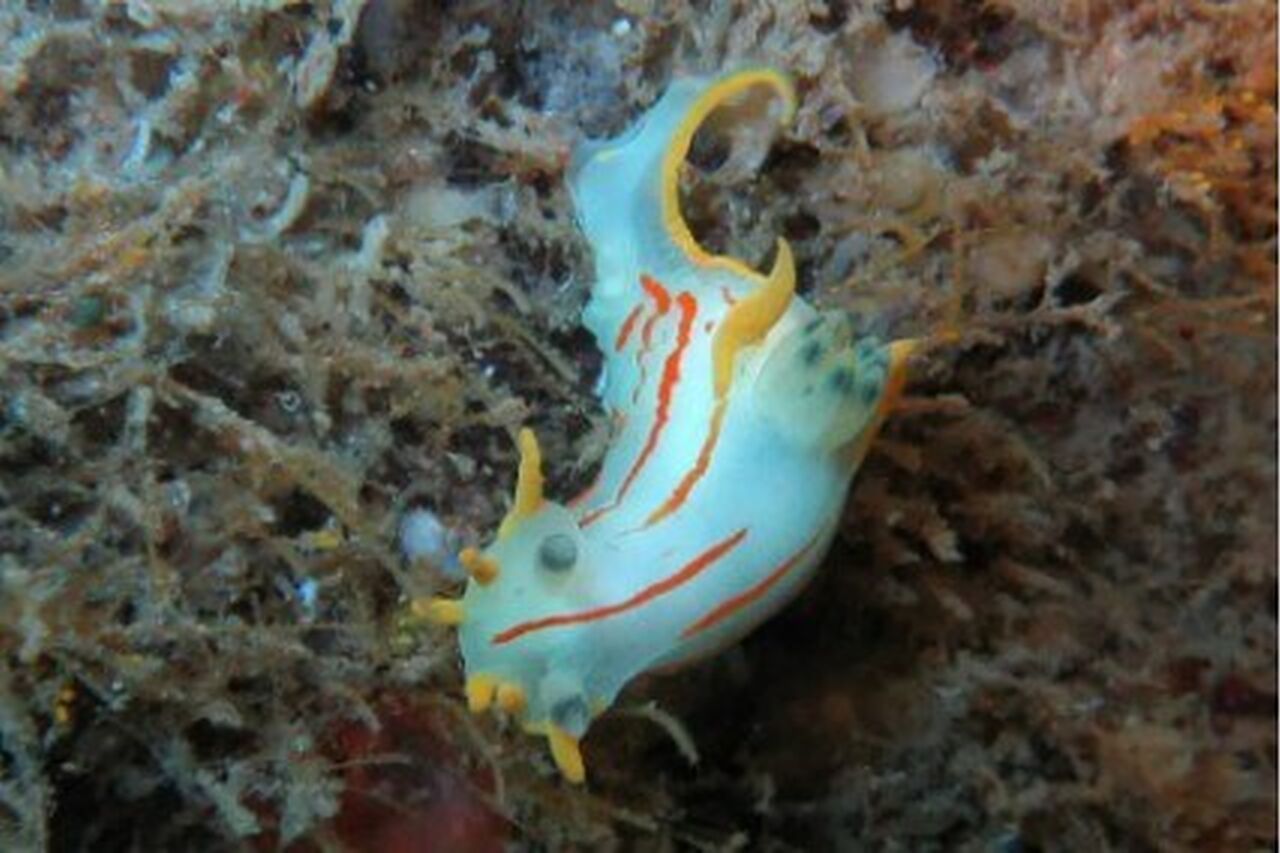
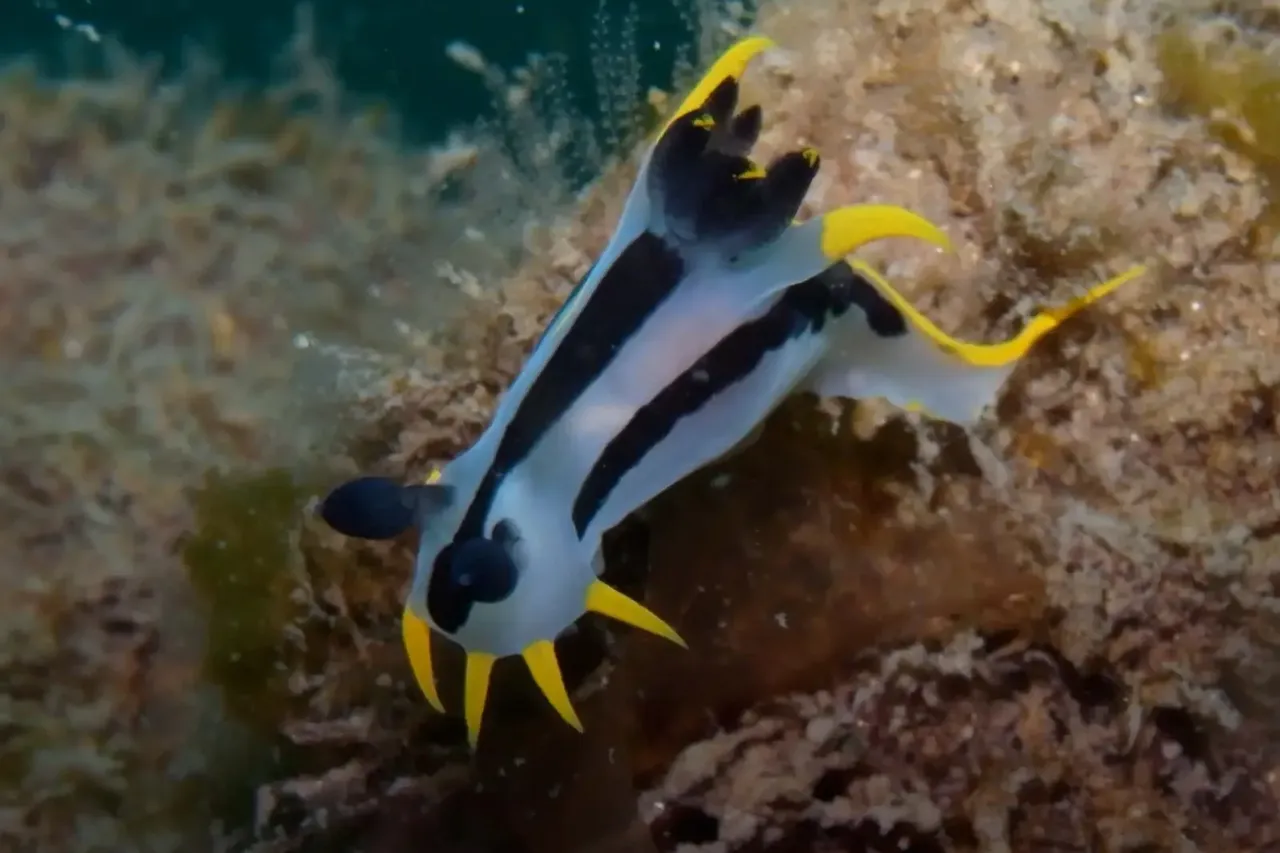
Hurry up and SEA some nudibranchs for yourself!
There are currently six nudibranchs housed at the Two Oceans Aquarium. These nudibranchs were collected by our team in March at Villa Via, near Sea Point. Once they were brought in, they were immediately placed into quarantine and kept there for ten days, before being placed into their current exhibit. This process is how the Aquarium protects the other animals from diseases and parasites that may be brought in from the wild.
Nudibranchs are notoriously difficult to keep because of their specialised feeding habit, and will therefore not be kept at the Aquarium for long as they will be returned to the ocean to continue their natural lifecycles soon. Make sure to come SEA them this holiday before they're released.
Related News
Sign up to our Newsletter
Receive monthly news, online courses and conservation programmes.
